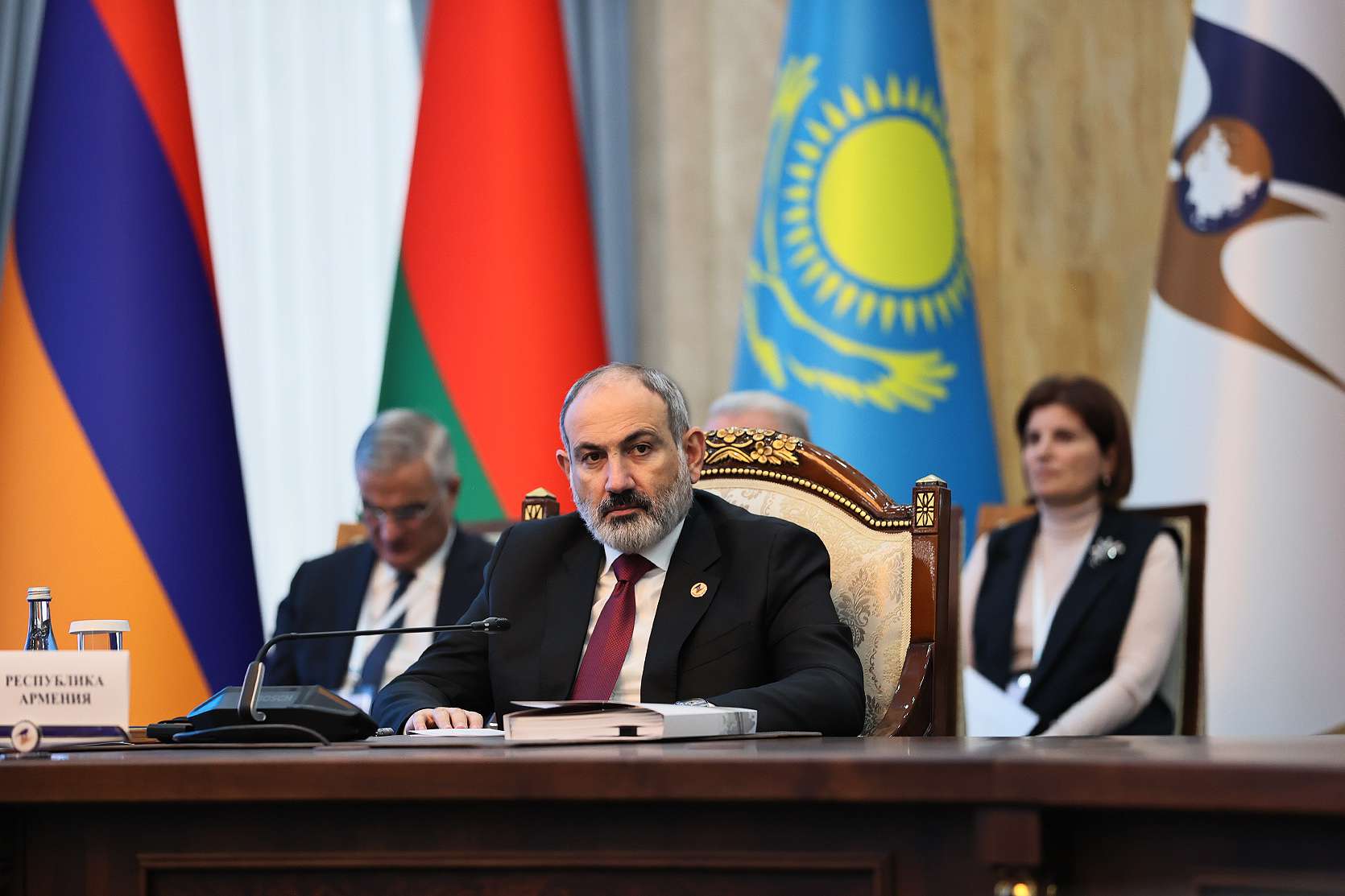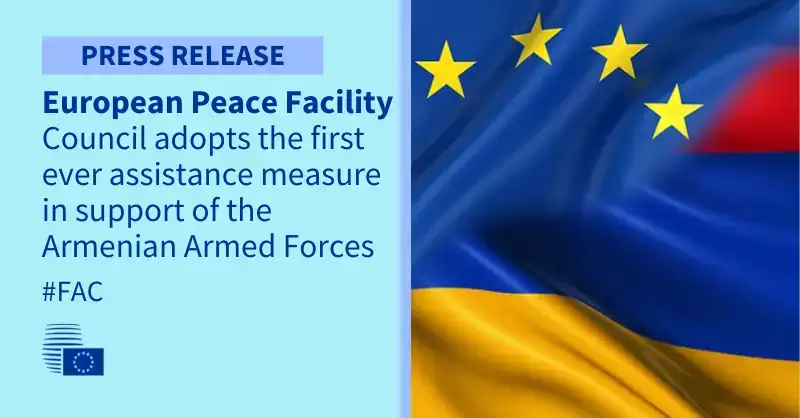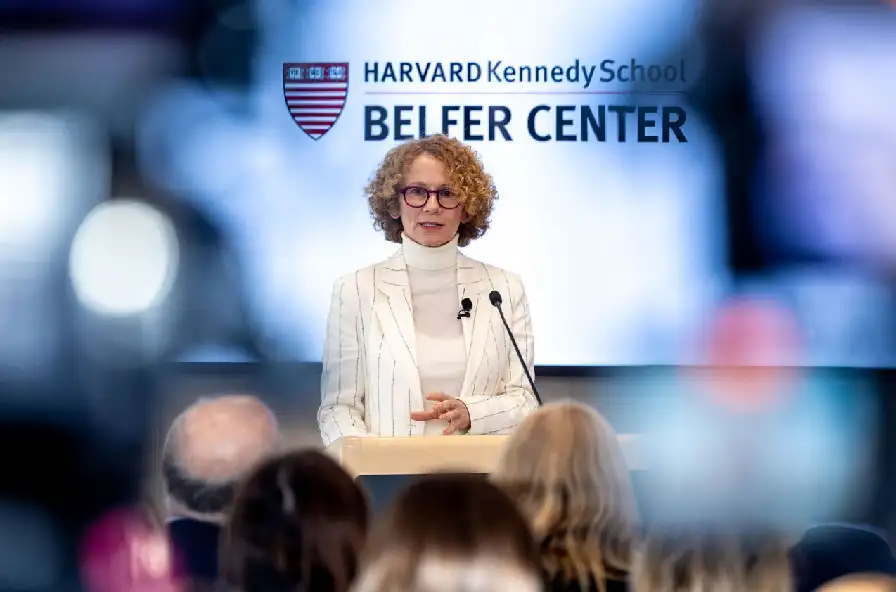Prime Minister Nikol Pashinyan participated in the regular session of the Supreme Eurasian Economic Council in Bishkek, the capital of Kyrgyzstan. The leaders of the member states of the Eurasian Economic Union, the President of the Russian Federation, Vladimir Putin, the President of Kazakhstan, Kasim-Jomart Tokayev, the President of Belarus, Alexander Lukashenko, and the President of Kyrgyzstan, Sadir Zhaparov also took part in the latter. Abdulla Aripov, Prime Minister of Uzbekistan, Country Observer in EAEU, also participated in the session with an expanded composition.
The leaders of the EAEU countries were welcomed by the President of Kyrgyzstan at the Ala-Archa state residence in Bishkek, after which a joint photo shoot ceremony took place.
First, the session was held with a narrow and then with an extended composition.
Prime Minister Pashinyan made a speech in which he specifically stated:
"Dear members of the Supreme Eurasian Economic Council,
Dear members of delegations,
I am glad to welcome you to the final session of the Eurasian Economic Council.
Allow me to express my gratitude to the presiding party and personally to the President of the Republic of Kyrgyzstan, Sadir Zhaparov, for the traditional hospitality and the organization of today's meeting, as well as for the implementation of the priority areas, goals, and tasks outlined during the presidency of Kyrgyzstan.
I also sincerely welcome the Prime Minister of the Republic of Uzbekistan, Abdullah Aripov, and would like to express the readiness of the Republic of Armenia to develop cooperation within the framework of implementing joint projects with observer countries.
Before addressing the critical issues on the agenda of the meeting, I should mention that the economic development of EAEU countries has been going on in difficult conditions in recent years.
The current situation, of course, affects the leading economic indicators of all Union member states. At this challenging moment for all of us, we should focus our efforts on maximizing the impact of Eurasian integration, considering the national priorities of socio-economic development.
Despite the current situation, I want to note with satisfaction that there is a growing trend in mutual trade. The trade turnover between Armenia and EAEU countries in January-September of this year amounted to more than 3 billion dollars and increased by about 80 percent compared to 2021.
Dear Colleagues,
In continuation of our talks on critical issues on the agenda in a narrow format, I would like to talk about several relevant topics to the economic union.
Industrial cooperation is an essential element of economic integration in the Eurasian region, and we must focus our efforts on promoting all promising ventures. In this context, today, we are launching a new financial support mechanism for industrial cooperation. I am sure this financing tool will contribute to the technological development of our countries.
Together with the Commission, we have started to implement the road map within the framework of the climate agenda. The topic of "green" technologies and environmental protection is especially relevant for Armenia. Developing "green" energy, Armenia actively appropriates renewable energy sources. Measures are being implemented in the direction of decarbonization of the metalworking industry. We encourage the use of electric transport in every possible way.
Co-workers,
I want to draw your attention to the problems of food security. From this point of view, in the current year, indicative balances of critical agricultural products were drawn up to ensure the stability of the internal markets of EAEU member countries. This is an effective tool for quickly determining the needs and opportunities for mutual supplies within the Union.
I also mention the Commission's work in forming a portfolio of investment agro-industrial projects, which can become an effective tool for developing cooperation and import substitution.
From the point of view of successfully implementing the Eurasian agenda, finding mutually acceptable solutions to all issues is essential.
In this regard, the Armenian side considers the consistent implementation of agreements to create common energy resource markets to be a priority. In particular, the formation of the common gas market remains a sensitive issue.
Thanks to the constructive dialogue and going on the path of finding compromise solutions, it was possible to ensure a high level of preparation for the project of the international agreement on the formation of the common gas market.
However, taking into account the complexity of the process, a number of unresolved issues remain due to the need to take into account the different opportunities and interests of countries in the energy sector.
We are ready to take a flexible approach to reach a consensus and balance the interests of all EAEU member states on outstanding issues to fully utilize the advantages and potential of the Union's common gas market.
Dear Colleagues,
I want to mention that according to the results of the current year, the Commission, together with the governments of the member states, has demonstrated high-level work in the direction of balancing the internal market of the Union, ensuring the proper coordination of national and supranational interests in this challenging period.
In turn, the digital transformation of the priority areas of supranational regulation - information security at an appropriate level - will create grounds for trust between the Union member states.
By continuing the transition of the integrated information system to the digital platform, we will be able to create the necessary conditions for forming a solid infrastructure that ensures the free movement of goods, services, capital, and labor.
In this context, we see a great demand for the development of a systemic document indicating the new priorities for developing the internal market of the Union. Such a document will enable us to reveal the full potential of our internal market, making it stronger.
Developing trade and economic relations between EAEU and third countries and associations is another important direction of our cooperation.
The implementation of the trade and economic agreement with China, the performance of the free trade agreements with Iran, Singapore, and Serbia, as well as the ongoing negotiations on the free trade agreements with Egypt, the United Arab Emirates, Israel, India, and Indonesia will give additional impetus to the process of integration of the Union into the world economy.
This, in turn, will lead to an increase in the volume of exports of EAEU products, the diversification of foreign markets, the attraction of investments, and the creation of a favorable environment for international economic partnerships with third countries.
In the context of successfully integrating into the global economic architecture and establishing mutually beneficial relations with third countries, we attach great importance to 2023. to the main directions of EAEU international activity. This document is a kind of "foreign economic strategy" and talks about the broad areas of cooperation for the following year.
Dear participants of the meeting,
Undoubtedly, our joint efforts bring practical results, and we feel the positive effect of integration, which becomes possible thanks to the well-coordinated interaction of the member states of the Union. Last year was a jubilee year for the Eurasian Economic Commission. During these ten years, it became the initiator of several important decisions for the Union member states. In this regard, allow me to thank all the members of the Commission, led by Mikhail Myasnikovich, for their worthy contribution to the development of the Eurasian Economic Union.
In conclusion, I would like to thank everyone again for their active cooperation in 2022 and wish success to the Russian side that has assumed the presidency of the Union bodies.
I'm taking advantage of this opportunity, and I would like to confirm the commitment of the Armenian side to the principles and goals established based on the EAEU Treaty and the readiness of active interaction with all member states for the benefit of further promotion of Eurasian integration.
Thanks for your attention".
During the session, the current problems of the Eurasian Economic Union were discussed, and the ways of further deepening the integration processes and improving the functioning of the single market of goods and services were outlined. Several resolutions related to the energy and trade sectors were discussed and approved. A decision was made to start the negotiation process on concluding a free trade agreement between EAEU and UAE.
The Russian side presented the main priorities of its upcoming presidency of the EAEU in 2023.




















